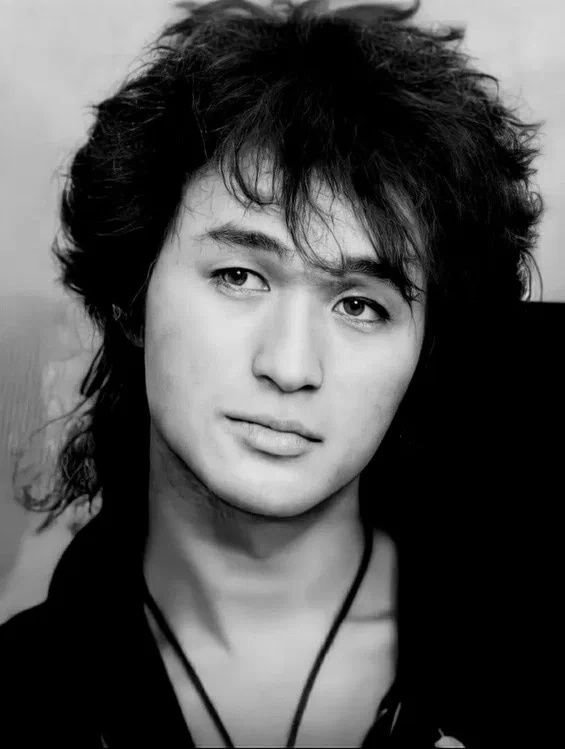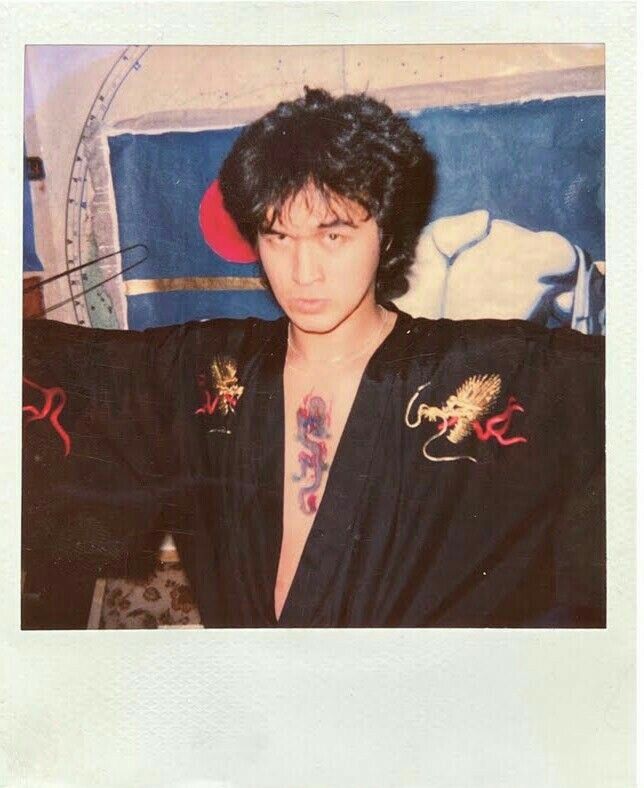An Artist in the making
Viktor Robertovich Tsoi was born on June 21, 1962, in Leningrad (now Saint Petersburg), USSR. His father was of Korean descent and worked as an engineer, while his mother was Russian and taught physical education. Tsoi grew up in a typical Soviet environment, and from an early age, he showed interest in art and music. He attended art school but was later expelled from a vocational school.
In the early 1980s, Tsoi became involved in the underground Leningrad rock scene. He was influenced by Western rock music, including Led Zeppelin, Black Sabbath, and especially The Cure and The Clash. In 1981, he co-founded the band Kino, which would become one of the most iconic rock bands in Soviet history. Their music, often distributed via bootleg cassettes (magnitizdat), carried messages of youth, resistance, and emotional depth.








Music and Beyond
During his life, the vocalist and guitarist managed not only to become a successful performer and songwriter, but also to influence the underground of St. Petersburg as an artist.
- He studied at the Serov Art School, and although expelled, he continued painting and drawing throughout his life. His works were often minimalist and symbolic.
- Tsoi starred in several films, most notably "Assa" (1987) and "The Needle" (1988), in which he played leading roles. The Needle, in particular, gained cult status and helped expand his popularity beyond music fans. His characters often embodied the quiet, rebellious outsider.
- According to the website Fuzzmusic.ru, Tsoi’s work in visual art and cinema reflected the same themes found in his lyrics: rebellion, introspection, and the search for identity.
The Legacy of a Legend
On August 15, 1990, at the age of 28, Viktor Tsoi died in a car accident near Riga, Latvia. His sudden death shocked fans and marked the end of Kino. The band’s final work, known as the Black Album, was released posthumously.
Tsoi remains a cultural icon in Russia and former Soviet countries. Walls with the words “Tsoi is alive” (Цой жив) can still be seen today. His influence on music, cinema, and youth culture is profound, and his songs continue to be covered, quoted, and studied.
